15 May 2018
Clean Label: the questions to help you meet your consumers' expectations
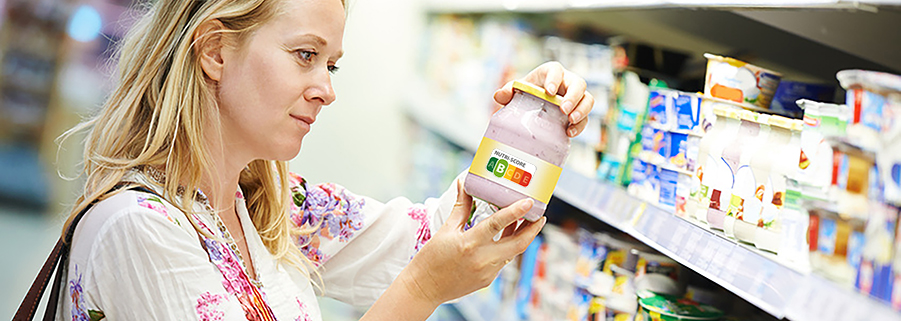
In France, 49% of consumers claim not to trust food brands (source: Obsoco; 2016). This erosion of trust is not a purely French phenomenon and many other countries are in the same situation. In response to this crisis, clean labels are an increasing demand from markets: it is a question, for consumers, of reconnecting with authentic and natural food, that they can understand. But are we sure that clean label recipes developed by food manufacturers will be perceived as "clean" by consumers? In the United States, the Kerry institute carried out a suervey of 702 Americans in order to glean details of their expectations for clean label. With a method and results that should spark your interest. So that clean is also clear... (you can also read this article on FoodNavigator-USA).
Demanding consumers, in France and throughout the world
A recent survey by Obsoco revealed that most French people place an ever increasing degree of importance on their food choices. 53% of the respondants declared that they had increased, reduced or eliminated a signification number of food products from their diets (source (in French). This trend has been confirmed by IPSOS in their report published this autumn for the E. Leclerc observatory on new consumer trends: 82% of French people avoid as much as possible certain ingredients, including palm oil (64%), aspartame or artificial colours.
Natural foods, a reduction in the list of ingredients to just a few components... According to the latest report from Mintel Global Food and Drink trends 2018, this tendancy, that is central to the debate on industry transparency and consumer trust, will only strengthen in 2018. Already, Mintel observes that "natural" claims (in other words GMO-free, preservative-free, additive-free, or organic) are increasing sharply throughout the world: they represent a total of 29% of global food claims for the period September 2016 to Sptember 2017 (source: Mintel GNPD).
The response to expectations of transparency and simplicity in food recipes appears to be found in two magic words: clean label. In practical terms, the answer is more complex. Of course, reformulating your products is not the only area in which to act: before even taking that road, you will need to ask yourself what your consumers are really asking for in clean labels. By surveying more than 700 Americans concerned about their diet, the Kerry Institute has identified three areas that make up the clean label trend.
1st expectation for clean label: the ingredients
This area is the first that comes to mind: "Simplify the list of ingredients, only use natural ingredients"... The premise appears simple. But, in the minds of consumers, what is a clean label ingredient?
Out with artificial: of course, you can eliminate artificial colourants and preservatives. But you can also eliminate "risky" ingredients, in particular allergens (for 40% of the respondants). And, even more surprising, you could also cut some natural producuts. Stevia, and natural colours and flavours: for consumers seeking a diet of "pure" foods, these ingredients are understood to be additives, non-essential to the success of a genuinely authentic recipe. Thusly, amont the claims the most strongly associated with clean label in the USA, we find "100% natural", "GMO free", "preservative free" and "organic"... but also "made with real ingredients" and "less processed".

2nd expectation: nutrition
The second expectation presented by the Kerry Institute concerning clean label food products is that of nutrition. Overall, consumers were seeking recipes that were lower in sugar, but also with increased protein (for 40% of the respondants).
You should also take into account the age of the target consumer for your product, who is probably influenced by recent trends or health considerations related to their age: while Millenials are concerned by protein content, fibre and vitamins (harking directly back to the clean eating trend), boomers are more interested in sugar, fat or salt content.
Here are nutritional interests of American consumers in search of clean labels by age (source : Kerry Institute, via Food Navigator):
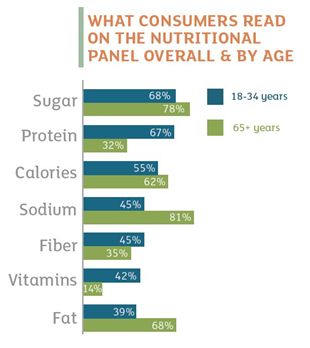
3rd expectation: sustainability
Finally, the third expectation for clean label foods is a less obvious area: sustainability. Here, it is question of the commitment of your company to ethical, sustainable or socially responsible causes.

This can be a commitment to reducing food waste or plastic waste, improving managerial practices, reducing energy expenditure... or even actions on nutrition education, in particular to children.
With this surprising third expectation (surprising since well outside of the realm of ingredients), the Kerry Institute study highlights the confusion among consumers around the expression "clean label". As it is currently without a legal definition, consumers attribute a number of ideas. Additionally, only 58% of the survey's respondants were familiar with the term (even though they all considered themselves demanding in terms of food choices and ingredients)... and among that 58%, more than a third were not able to provide a definition for clean label. Which leads us to conclude that food manufacturers are faced with a pressing opportunity to clarify this expression for their consumers, all the while continuing to actively listen to their feedback.
Go further
You can read about the survey in the article published by FoodNavigator-USA here. On the Vitagora blog in French, we also have articles on "Transparency, values and "terroir"… concepts for communicating with your consumers" and "Transparency: a winning strategy for regaining consumer trust". Let us know if you want to find out more about these topics.




 Home
Home

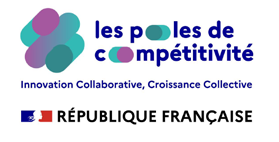

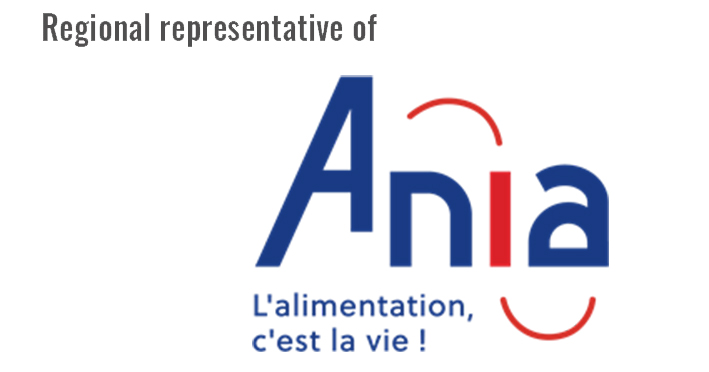

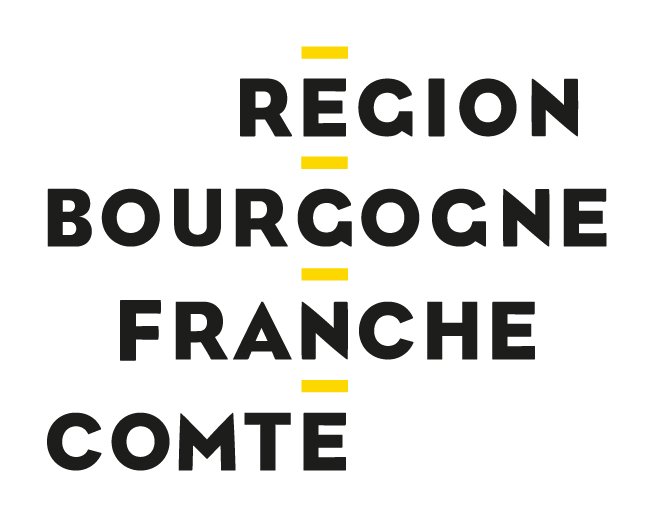
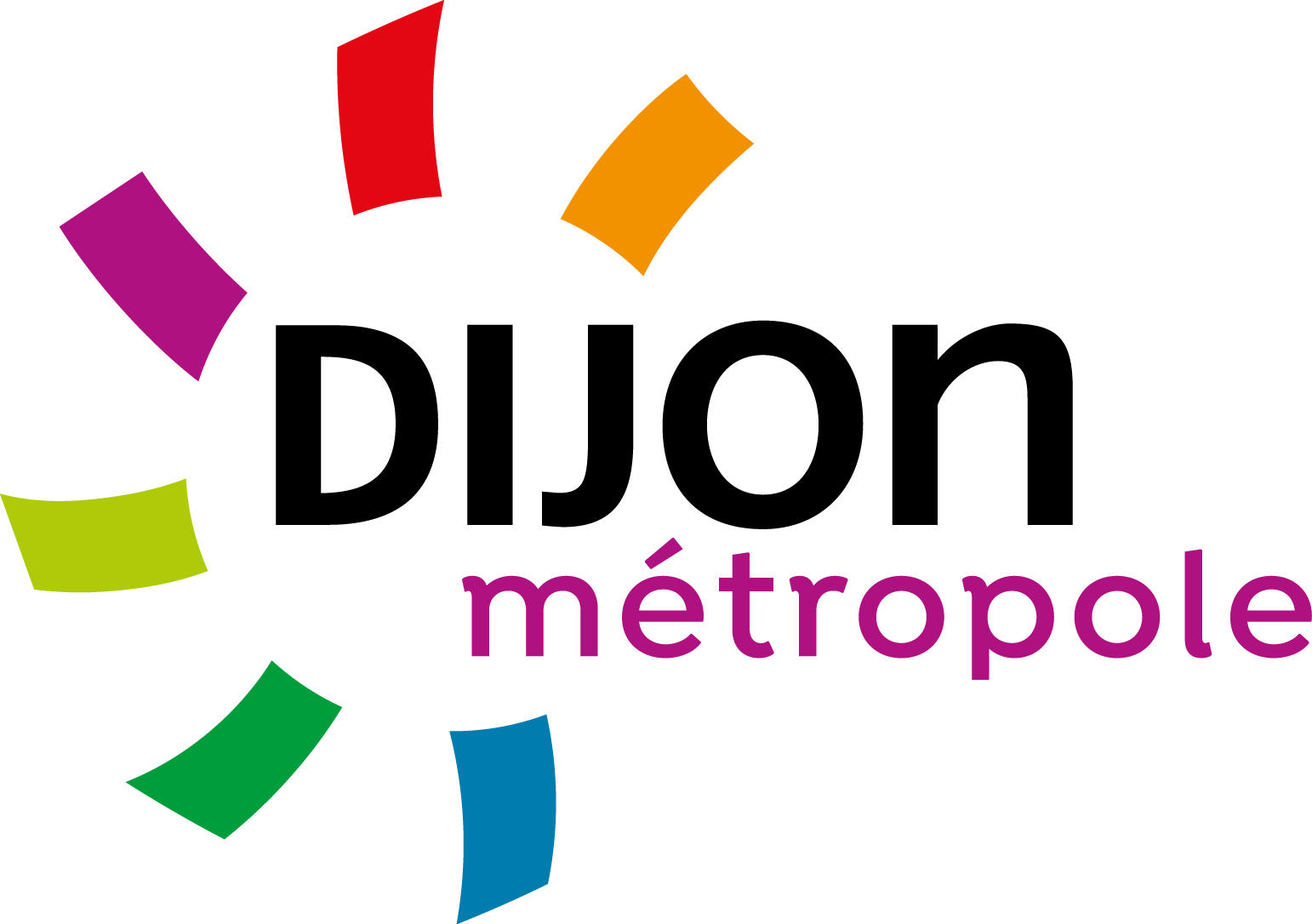









Share your opinion